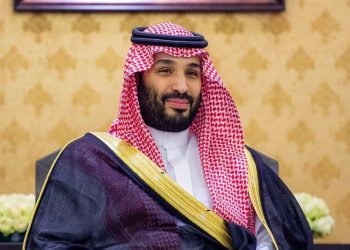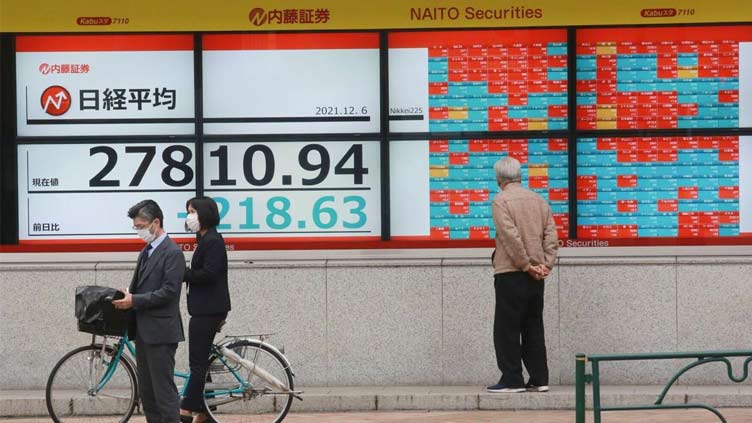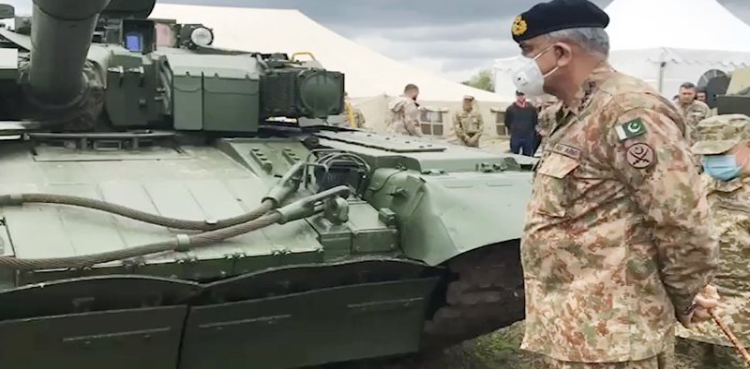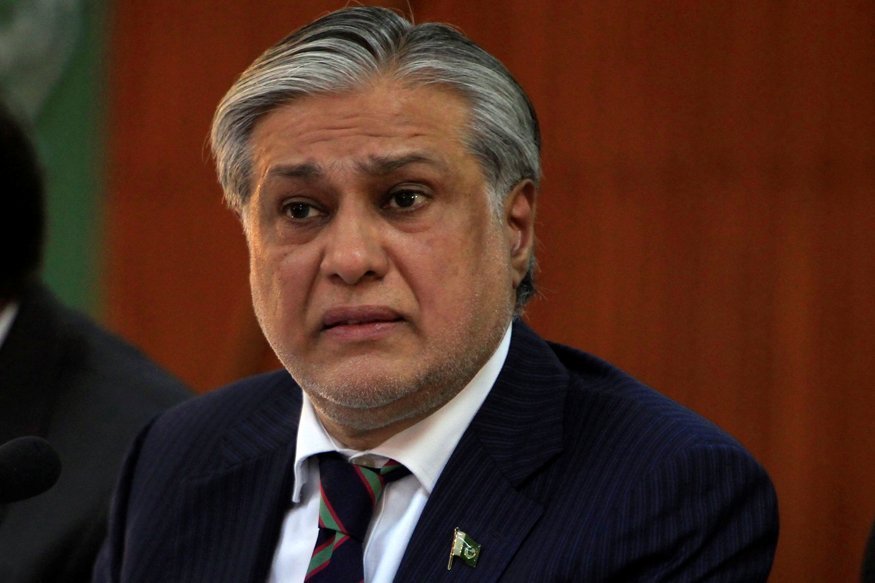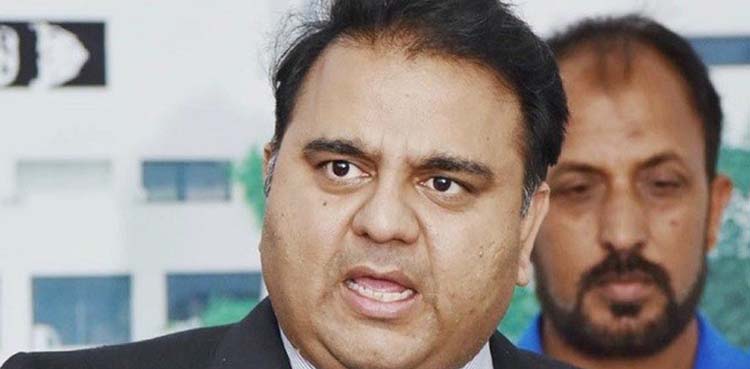
The 21st meeting of the SCO Council of Heads of State held in Tajikistan’s Dushanbe on September 17. The meeting was chaired by Tajikistan’s President Emomali Rahmon.
SCO is an intergovernmental organization founded in Shanghai. The SCO currently comprises eight Member States: China, India, Kazakhstan, Kyrgyzstan, Russia, Pakistan, Tajikistan and Uzbekistan, four Observer States interested in acceding to full membership Afghanistan, Belarus, Iran, and Mongolia and six “Dialogue Partners” Armenia, Azerbaijan, Cambodia, Nepal, Sri Lanka, and Turkey.
Iran, Russia, China and Pakistan have held talks on Afghanistan in recent days prior to and during the Shanghai Co-operation Organization (SCO) summit in Dushanbe, Iran’s foreign minister has announced.
“The Taliban should satisfy the vows made, most importantly for a comprehensive political construction where all ethnic gatherings are addressed. This is crucial for Afghanistan’s steadiness,” The leaders said that it was essential to guarantee regard for the privileges, everything being equal, while guaranteeing that it is never again a place of refuge for psychological oppressors. Pakistan, which had experienced because of the overflow of contention and unsteadiness in the adjoining nation, had an interest in a quiet and stable Afghanistan.
“We will keep on supporting a steady, sovereign and prosperous Afghanistan,” he said.
Remarking on the circumstance in Afghanistan, PM Imran said that “another reality” had been set up after the Taliban takeover and withdrawal of unfamiliar soldiers. “That this occurred without slaughter, without common conflict, and without a mass departure of displaced people, ought to involve help. Dangers presented by psychological warfare actually exist.”
PM Imran said that as the world denoted the twentieth commemoration of the September 11 assaults in the US, it was reminded that dangers presented by illegal intimidation actually persevere in spite of the global local area’s earnest attempts.
“Now and again, such fanatic and extremist belief systems have climbed to catch the state power in supposed popular governments.
“The battle against dread would not be won on the off chance that we disregard these dangers and difficulties the greatest of which is state illegal intimidation, executed against individuals living under unfamiliar occupation in questioned regions,” he said.
He featured that Pakistan had languished over a very long time because of psychological oppression that was “arranged, upheld, financed and coordinated by state substances from across our line”.
“Outside dynamic zones of contention, no other nation has experienced more than Pakistan. We have experienced more than 80,000 setbacks and monetary misfortunes in abundance of $150 billion.
“However, our purpose stays solid. We will keep on being a dependable and willing accomplice of the worldwide local area in the battle against psychological warfare and fanaticism,” he said.
PM Imran said that addressing dangers to global and provincial harmony was a subject of fundamental interest for the SCO.
“We accept that execution of the UN Security Council (UNSC) goals for the quiet settlement of remarkable debates is a fundamental condition for harmony, and imperative for establishing a climate of collaboration.
“One-sided and unlawful measures to change the situation with questioned regions disregarding UNSC goals oppose this target.”
He said that such measures should be denounced and gone against immovably.
“Moscow Perspective “
[ ] Moscow and Islamabad warm future relations by changing Diplomatic and Regional Dynamics in Region.
Russia needs to work with the Taliban government in Afghanistan, President Vladimir Putin said on Friday at a meeting of a China- and Russia-led security bloc, the Shanghai Cooperation Organisation (SCO).
Speaking via video link at the conference held in Dushanbe, the capital of Tajikistan, Russian president vladimir Putin said Russia supported a United Nations conference on Afghanistan and that world powers should consider unfreezing Afghanistan’s assets.
Foreign Minister Shah Mahmood Qureshi met his Russian counterpart Sergey Lavrov on the sidelines of Shanghai Cooperation Organisation (SCO) meeting in Dushanbe and reiterated commitment to further enhance the bilateral ties.
Recalling earlier interaction with Lavrov during the latter’s visit to Pakistan in April 2021, the two leaders exchanged views on the entire gamut of bilateral relations, a statement issued by the Foreign Office said on Thursday.
In this context, Pakistan looked forward to holding of Inter-Governmental Commission on Trade and Investment in Russia later this year. The foreign minister also reaffirmed the government’s resolve for early realisation of the Pakistan Stream Gas Pipeline Project.
Qureshi thanked FM Lavrov for enhancing scholarships for Pakistani students in academic institutions in Russia.
Pakistan and Russia enjoy close, friendly ties marked by mutual trust and understanding.
Relations between Islamabad and Moscow have been on an upward trajectory propelled by converging views on important regional and international issues, growing trust and increasing bilateral cooperation manifested by recent high-level interactions, according to the communique.
The two foreign ministers agreed to remain in close contact.
Tehran Perspective
[ ] Iran wants to remove Unilateralism Tag
The newly President Ebrahim Raisi has said Iran wants closer ties with its regional neighbours and rejected the United States’ “unilateralism”, as his country became a full member of the influential Shanghai Cooperation Organiزation (SCO).
In a speech to the summit, newly elected Raisi predominantly emphasized his main stated foreign policy goal, which is to expand political, economic and cultural ties with countries across the region and protect Iran from unilateral punishments from the West
Iran has been under harsh US sanctions since 2018, when former President Donald Trump unilaterally withdrew his country from a 2015 nuclear deal signed between Iran and world powers.
On the nuclear deal, Raisi said he viewed diplomacy as a tool to secure national interests. But he said it was only effective when all countries abided by it.
Usman Khan Aurakzai: Geostrategist, working on changing Diplomatic, Political and Regional Dynamics.










































